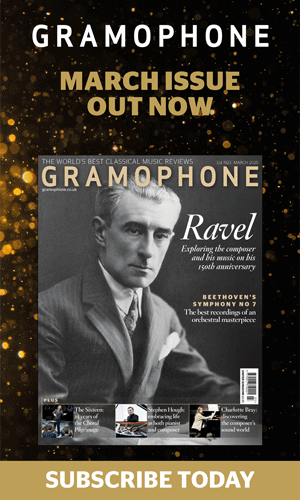Dudamel and Sounds Venezuela at the Southbank
Martin Cullingford
Saturday, June 23, 2012
It's 9.30 - fairly early by this journalist's standards for a weekend morning - but already the Southbank Centre seems awash with energetic youth. Outside the Artists' Entrance a crowd of young people are gathered as they might have done outside a bar many hours earlier, only these are - I guess - the players of the Simón Bolívar Symphony Orchestra, arriving to take up their four day residency by the Thames.
A coffee and croissant later, and I find the Clore Ballroom inside is already swaying to Latin American rhythms, defying the grey English weather outside. These players, a sea of blue t-shirts spread right across this large space, are not visiting Venezuelans but from just down the road, and are even younger. They’re the Stockwell Children's Orchestra - part of In Harmony Lambeth, whose chairman, the cellist Julian Lloyd Webber, is getting into the spirit by also wearing one of their bright blue t-shirts. In Harmony was inspired by the now famous Venezuelan El Sistema scheme, which over three decades has offered children of that country from disadvantaged backgrounds opportunities to explore creativity through classical music. Borrowing another idea from the same source, the South Bank has been turned into a Nucleo, a teaching centre, offering four days of free events, including rehearsals, performances, workshops and installations, and involving both amateur youth ensembles and the Royal Festival Hall's residents, including the Orchestra of the Age of Enlightenment and the Philharmonia. The booklet for the four day event feels as thick as many a season brochure - there's a lot to explore.
A little later still and there’s a young person's guide of a different sort going on upstairs in the RFH itself. The players of the Simón Bolívar Symphony, together with their star conductor Gustavo Dudamel, are by now rehearsing for the evening’s concert, featuring Britten and Beethoven. Their commitment, even in a morning rehearsal, more than justifies their reputation for electrifyingly energetic music-making. By the end, the double bass section are a-swaying, looking rather like the masts of fishing boats bobbing off the Aldeburgh coast.
To witness so many young people focussing seriously on classical music is always wonderful, the visiting Venezuelans of course, but also the local children. It challenges them, challenges the preconceptions of the pessimistic, and bodes well for the future.
To find out more about the Sounds Venezuela four-day festival, visit the Southbank website. Bright blue t-shirt not essential.







